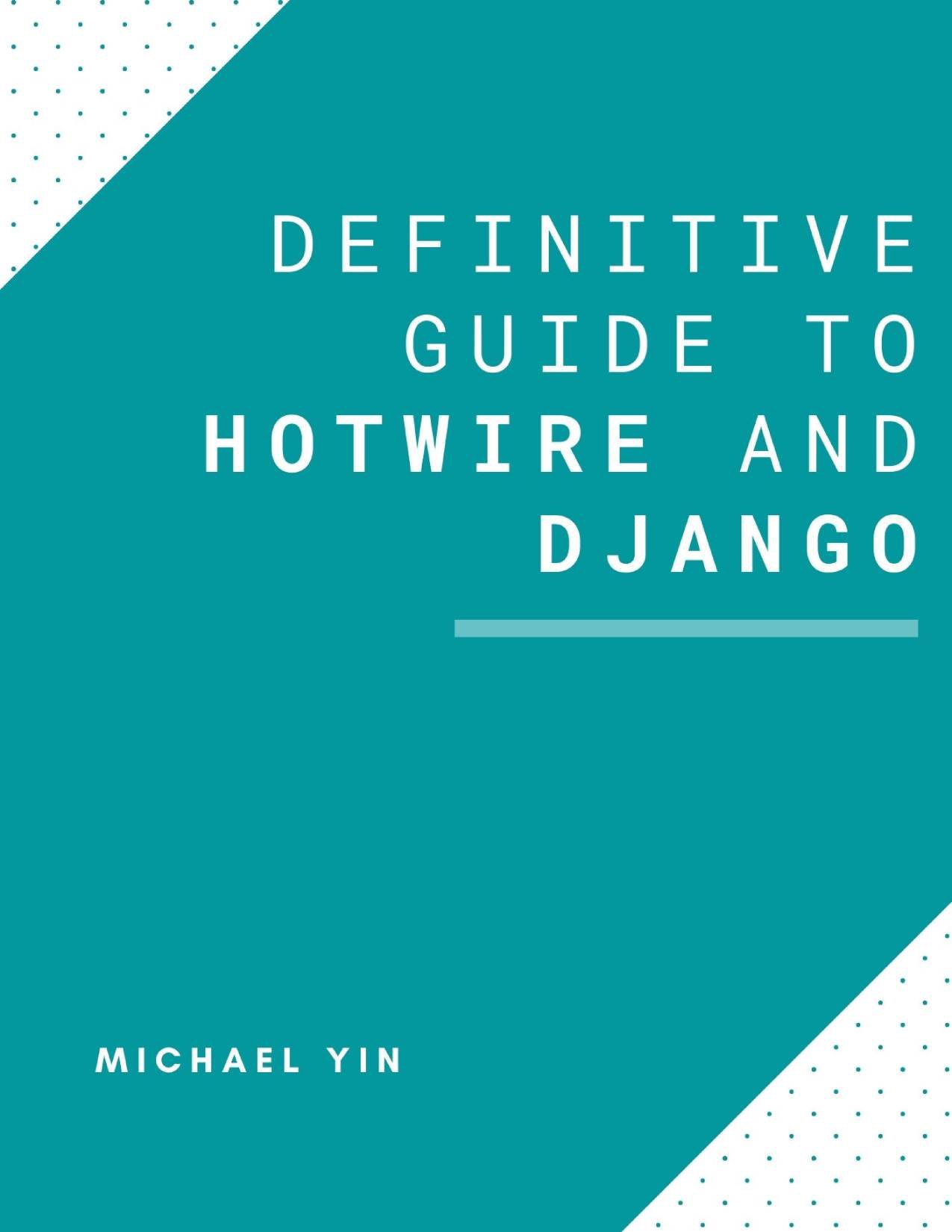Background
About 1 month ago, I started writing tutorials about Webpack and Django Definitive Guide to Django and Webpack, and I hope it can help people to learn Webpack better because there are not many good tutorials in this area.
After receiving some user feedback, I realize a webpack boilerplate project is better, because many readers might not have much time to learn how Webpack works. What they want is just a project which can let them quickly write ES6 and SCSS in Django projects.
So I decided to take some time to solve this problem.
My Plan
The boilerplate project should contain two components:
- A
Webpack project templatewhich has good structure, easy to use and customize. User can create frontend project usingcookiecutter, and use it even they have no idea how to config Webpack. - Template tags which can help load Webpack bundle file in the templates, it should be smart to
auto loaddependency files. (Because Webpack hascode splittingfeature)
Webpack project template
There are some awesome open source Webpack boilerplate projects on Github. After researching, I chose wbkd/webpack-starter because it has all features I need.
And then I did some customization:
- I added
manifest pluginto the Webpack project, which generatemanifest.jsonwhen Webpack compiling. So later I can writewebpack loaderto read themanifest.jsonto load the entrypoints and the dependency files. - The Webpack project would read entrypoints from a specific directory, so users do not need to edit Webpack config file but just create new files in the directory, which is very convenient
Webpack bundle loader
If you have some experience with Django, then you might hear of django-webpack-loader. I used it in many projects but also found some problems.
- It should read
webpack-stats.jsongenerated byWebpack Bundle Tracker, anpm packagecreate by the same author. It takes time to maintain bothnpm packageandDjango package, and the author is now looking for maintainers. - I do not like the API of
django-webpack-loader, and it can not auto load dependency files when loading bundle files.
So I decide to write a new webpack loader based on django-webpack-loader, and solve the above problems at once.
Python Webpack Boilerplate
Here is my solution:
https://github.com/AccordBox/python-webpack-boilerplate
Easy to create
This project has a webpack project template and you can easily create frontend project like this:
$ python manage.py webpack_init
# here we use the default frontend slug
project_slug [frontend]:
Now you can go to frontend project and run command below:
$ cd frontend
$ npm install
$ npm run start
- The project already supports ES6 and SCSS by default.
- You can also import
ReactorVueto it by install extra packages (instructions can be found in the doc)
Webpack Loader
I also created new template tags to help people load Webpack bundle file in template
{% javascript_pack 'app' %}
If the entrypoint has other dependency, the template tag would also load it automatically
For example:
<script type="text/javascript" src="/static/js/runtime.5c7f161e.js" ></script>
<script type="text/javascript" src="/static/js/963.225830a8.js" ></script>
<script type="text/javascript" src="/static/js/app.c9e79e69.js" ></script>
As you can see, app.c9e79e69.js is loaded after dependency js files.
So now in templates we can only focus on the entrypoints without caring about the dependency and this template tag can help you handle it automatically.
You can also import multiple entrypoints in one page like this
{% javascript_pack 'app' 'app2' %}
You can also do the same thing for the css file
{% stylesheet_pack 'app' %}
The API is inspired by rails/webpacker
Flask
At first, I build this project for Django community, after I finish the draft version. I realize I can make it also work with Flask to help more people.
I made it work after some hours.
My wish
I have seen many cookiecutter-xxx projects use Webpack as frontend solution, but the config and file structures are different. So it is a PAIN to maintain the Webpack, Babel, and other config.
This project can work with both cookiecutter-django and cookiecutter-flask, and the frontend part would have consistent patterns.
Now Django developers and Flask developers can both contribute and help improve this project and make it become better.
And some people who have both Flask projects and Django projects would be happy!
That is why I give it name python-webpack-boilerplate, and I am open to support more Python web frameworks in the future.
Main Features
- Supports Django and Flask (will support more framework in the future)
- Automatic multiple entry points
- Automatic code splitting
- Hot Module Replacement (HMR)
- Easy to config and customize
- ES6 Support via babel (v7)
- JavaScript Linting via eslint-loader
- SCSS Support via sass-loader
- Autoprefixing of browserspecific CSS rules via postcss and autoprefixer
- Style Linting via stylelint

